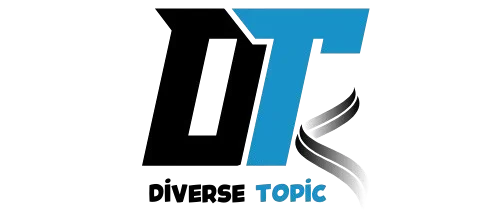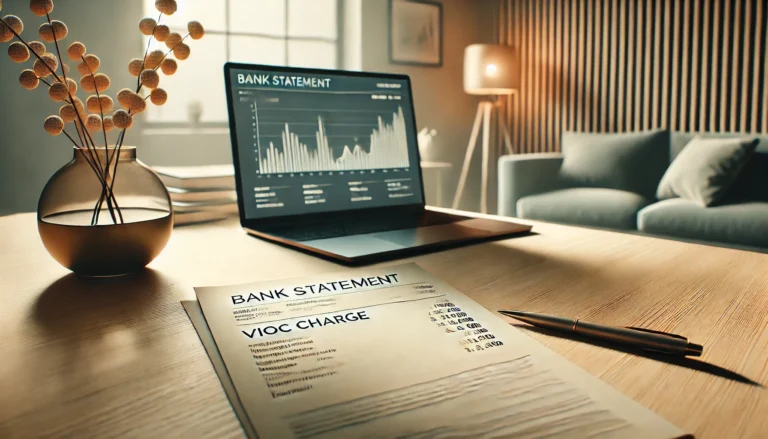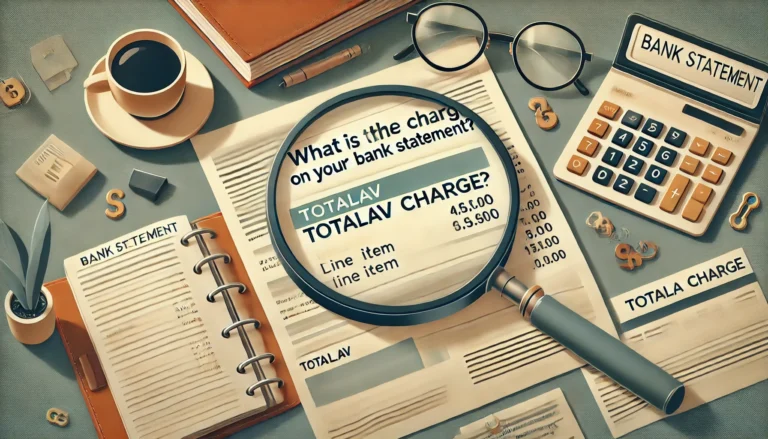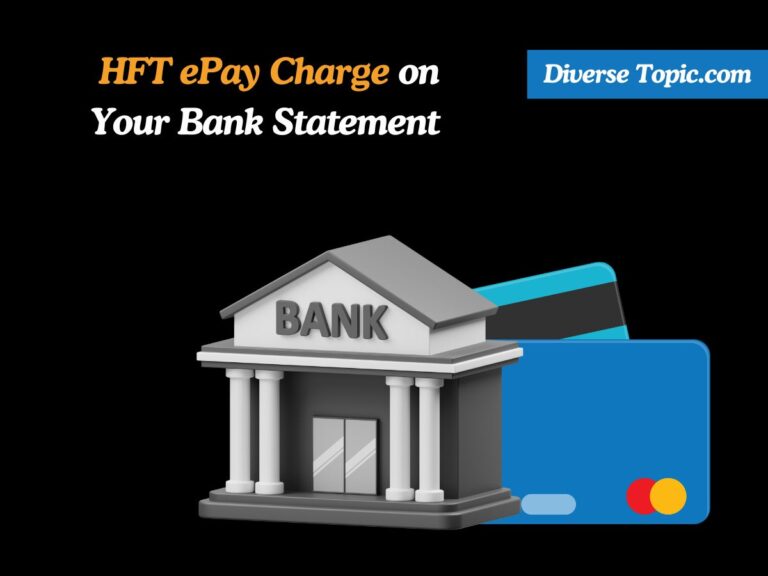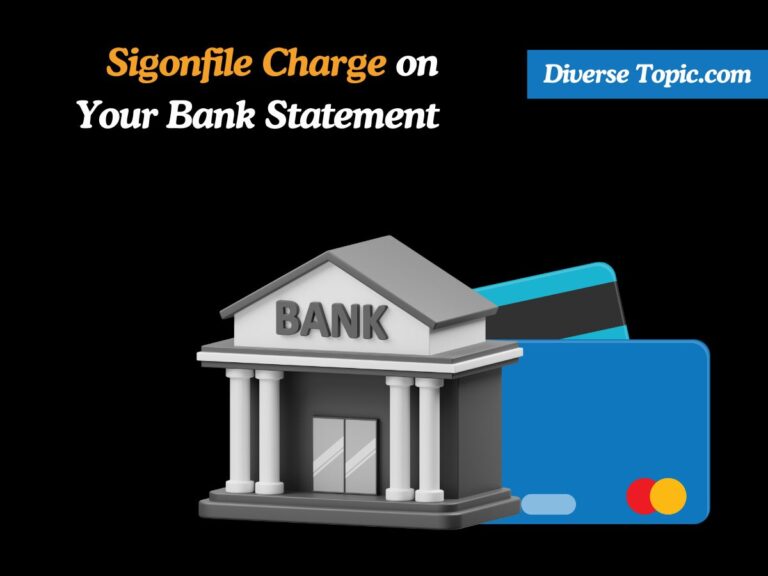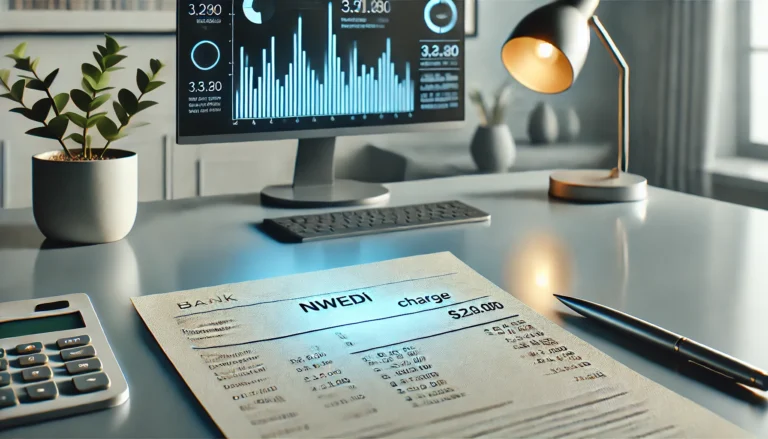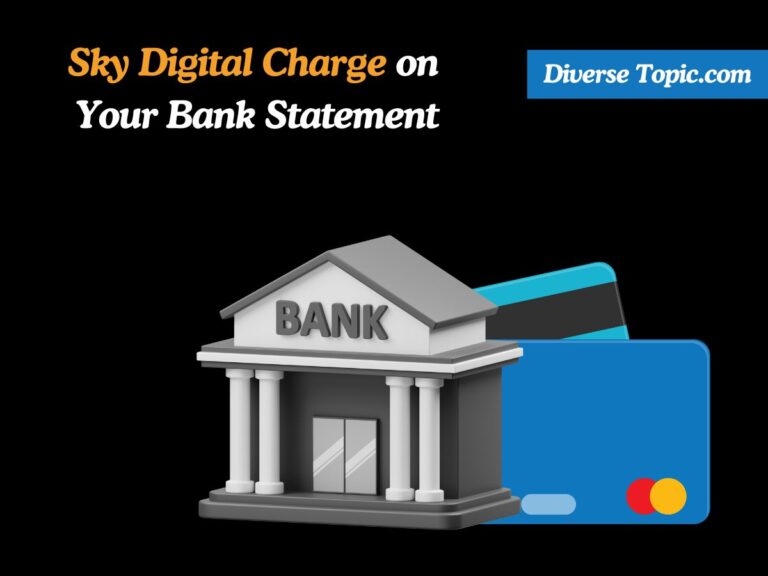7 Things You Can Do With Your Old Bank Statements
An assortment of old bank statements, both digital and paper, may quickly amass as more individuals switch to online banking and digital payments. Old bank statements include important information that might benefit you in a number of ways, despite the temptation for many to toss them aside and forget about them.
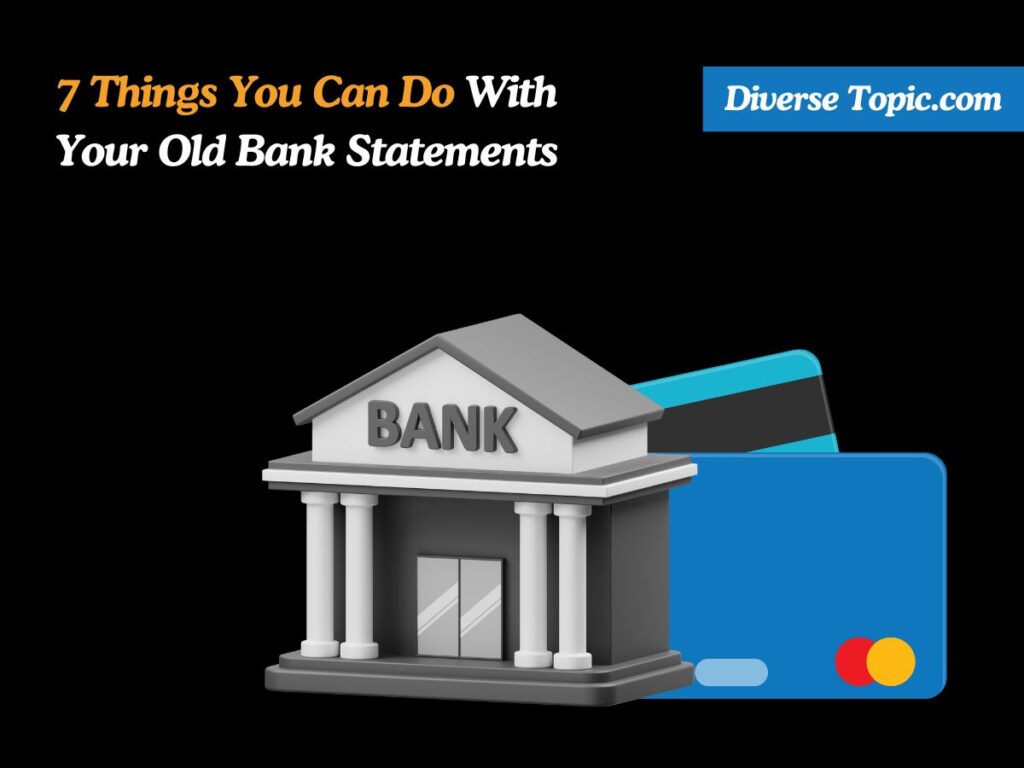
We’ll go over seven useful applications for your old bank statements in this post, so you can make sure they’re not just gathering dust.
Budget Planning:
An important tool for efficient budget planning is a bank statement. You may track your monthly costs, examine your spending patterns, and find areas where you could be overspending by going over previous bills. You may use these insights to make a more accurate budget that takes into account your actual financial situation.
- Identify Unnecessary Expenses: Examine previous bank statements to identify any subscriptions or services—like streaming services or gym memberships—that you no longer use. Then, cancel them to save up money.
- Track Spending Categories: Sort your expenditures into necessities (like food, rent, and utilities) and extravagance (like eating out and entertainment). This will enable you to spend your money more sensibly.
- Adjust Future Budgets: Once you’ve identified spending trends, you can adjust your future budget to better align with your savings goals or investment plans.
Tax Purposes:
When filing taxes, previous bank statements may be quite helpful, particularly if you have several sources of income or itemized deductions.
- Track Tax-Deductible Expenses: You may find out which business-related expenses, medical charges, and charitable contributions you can write off against your taxable income by looking over your previous records.
- Proof of Income: Statements may be used as evidence of income, which is particularly helpful if you work for yourself or have side gigs that aren’t included on W-2 forms.
- Claiming Deductions: It may be possible to lower your tax bill by precisely identifying costs that are tax deductible, such as interest paid on student loans or retirement contributions.
You may be sure you have documents ready for tax audits or reviews if you have your bank statements sorted for the last several years.
Business Expense Tracking:
Keeping track of company-related transactions is essential for freelancers and small business owners for tax compliance and financial management.
- Categorize Business vs. Personal Expenses: You may categorize business transactions on older bank statements, which makes it simpler to keep track of company spending and file the necessary deductions.
- Manage Cash Flow: Regularly reviewing old statements helps you monitor the inflow and outflow of business finances, giving you a clear picture of your cash flow.
- Tax Documentation: Bank statements offer a quick way to compile all the transactions necessary for filing business taxes or preparing financial reports.
By keeping old statements organized, you’ll simplify tax filing, reduce errors, and gain insights into areas where you can cut unnecessary business expenses.
Loan Applications:
Upon submitting an application for a loan, whether a personal loan or mortgage, lenders usually demand a comprehensive examination of your repayment history. An essential source of information about your spending and income patterns is your previous bank statements.
- Proof of Financial Stability: Bank statements covering many months may be required by lenders in order to assess your credit history, income, and spending.
- Prepare for the Loan Process: By going over your statements in advance, you can make sure all of your financial information is accurate and spot any red flags, such excessive debt or irregular income.
- Strengthen Your Application: A clean and organized financial history, reflected in your bank statements, can boost your chances of loan approval by showing the lender that you are financially responsible.
Being able to present well-documented financial information from your old statements can make the loan application process smoother and faster.
Fraud Detection and Prevention:
It’s essential to examine previous bank statements to spot any fraudulent activity on your account. Reviewing your transaction history on a regular basis will help you identify suspicious behavior early on and take appropriate action to stop more losses.
- Spot Unauthorized Transactions: Keep an eye out for any strange charges or withdrawals that you don’t understand. This may be a sign of fraud, which you can report to your bank so they can look into it more.
- Monitor for Patterns: Fraud can occasionally happen in little, consistent amounts that are simple to ignore. You can identify these tendencies by looking at older statements.
- Act Quickly: Notify your bank right once to freeze accounts, issue replacement cards, and retrieve any lost money if you find any differences.
Examining your previous bank statements on a regular basis is one of the easiest and best strategies to guard against fraud.
Tracking Payments:
In particular, if you need to confirm that a bill was paid or find any payments that are missing, old bank statements are crucial for tracking payments.
- Confirm Bill Payments: Your previous statements can be used as evidence of payment if you’re not sure if you paid a bill or if you’re disputing a payment with a service provider.
- Track Loan and Interest Payments: Statements assist you in tracking interest payments, keeping tabs on loan rate adjustments, and ensuring that credit card and mortgage payments are being completed accurately.
- Monitor Foreign Currency Exchanges: Examining your statements might help you stay on top of foreign transaction fees and currency conversion rates if you travel or do business abroad.
You can always confirm payments, prevent late penalties, and make sure your financial records are accurate by keeping your statements organized.
Also Read Is It Safe to Share Your Bank Statement With Others
Creative Reuse for Cleaning and Packing:
Surprisingly, your old bank statements can have a second life beyond financial purposes. When it comes to packing or storage, they can be quite useful.
- Packing Material: Old statements can serve as padding or insulation when packing fragile items like glassware or ceramics. They can be crumpled up to provide cushioning during a move.
- Shredding for Disposal: If your bank statements are composed of non-glossy, biodegradable paper, you may use them for composting or even packing if you’re concerned about the environment.
- Art or DIY Projects: If they don’t include sensitive information, old bank statements can be utilized creatively for collages, paper mâché, and other craft projects.
Even though it may seem strange, recycling paper may be done sustainably by using your old bank statements for packing or cleaning.
Is It Safe to Throw Away Old Bank Statements?
No, it is not secure to discard old bank statements in this manner. If these documents get up in the wrong hands, important financial and personal information such as account numbers, Social Security numbers, and contact information can be used for fraud or identity theft. If you throw them in the garbage carelessly, you run the danger of getting hurt.
It’s critical to properly dispose of old bank statements in order to protect yourself. Examine the statements to make sure all pertinent data has been preserved before throwing them away. Account balances, identifying numbers, and any other pertinent information fall under this category.
Here are safe methods for disposing of old bank statements:
Shredding: Using a shredder is the safest way to get rid of old bank statements. By shredding the documents, you may be sure they are useless and unreadable. In the absence of a shredder, you can manually use scissors to cut the statements into tiny pieces.
Contact Your Financial Institution: Certain institutions provide safe ways to get rid of outdated paperwork. You may find out what choices are available to you for safely disposing of your previous bank statements by contacting your banking institution.
Switch to Online Banking: Selecting electronic statements over paper ones will help you completely eliminate the possibility of incorrect disposal. Online statements are kept safe in password-protected accounts, lowering the possibility of clutter and physical theft.
Conclusion:
Old bank statements might be easily forgotten, but when used wisely, they can be quite valuable. Old bank statements are more than simply financial records; they are tools that can help you manage your money more skillfully. These resources may assist with budgeting, taxes, and company spending, as well as provide protection against fraud and support for loan applications.
Old statements have practical applications in packing and crafts, even after their cash usefulness is passed. Thus, think about the several ways your old bank statements might benefit you before throwing them away!
Read More About Bank Charges.
